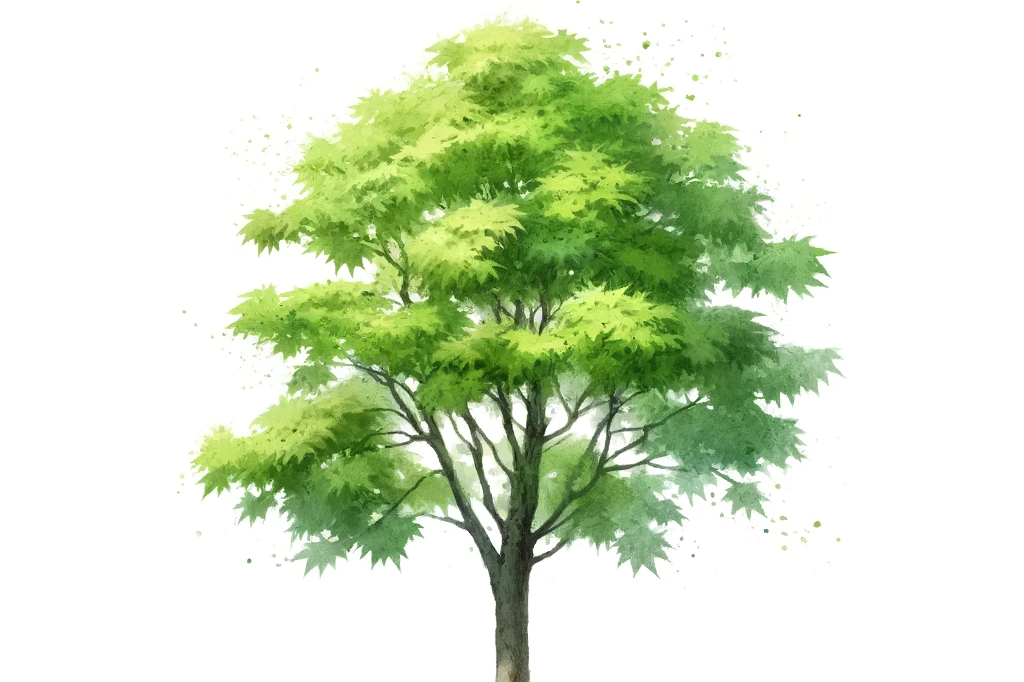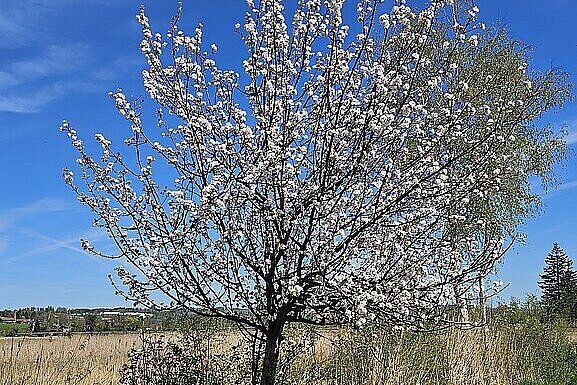Dalbergia

What are dalbergias?
Dalbergias comprise over 250 species, many of which are known for their hard, attractive wood. They grow in tropical to subtropical climate zones and are mainly found in Africa, Asia and South America. Well-known representatives are the East Indian rosewood (Dalbergia sissoo) and the Brazilian rosewood (Dalbergia nigra).
Potential risks for dogs
Toxicity of Dalbergia
The question of whether Dalbergia is toxic to dogs is complex. While the wood itself does not contain significant toxins that pose a direct risk if touched or ingested, certain components of the tree or the oil extracted from the wood can be potentially irritating or allergenic to dogs. It is the natural oils and specific ingredients that can cause allergic reactions in sensitive animals. However, cases of poisoning in dogs by dalbergia or its processed products are rarely documented.
Specific ingredients and their effects
Some Dalbergia species contain ingredients such as quinones, which can cause allergic reactions. However, these are more of a problem for humans than for dogs, as they can come into contact with the wood during processing. Dogs are less likely to be exposed unless they chew on objects made from Dalbergia wood or come into contact with large amounts of wood dust.
Safety measures and precautions
If your dog tends to chew on wooden objects or you have Dalbergia wood products at home, it is important to take some precautions:
- Supervision: make sure your dog does not chew on wooden furniture or instruments, especially if they are made from Dalbergia.
- Offer alternatives: Provide suitable chew toys that are safe and specifically designed for dogs to prevent chewing on unsuitable objects.
- Cleaning and storage: Keep wood shavings and dust away from areas where your dog plays or sleeps to minimize exposure to potentially irritating substances.
A balanced approach
Dalbergia does not pose an immediate, large-scale threat to your dog's health. The potential risks are specific and in most cases minimal as long as preventative measures are taken. However, it is always advisable to pay attention to your dog's individual reactions to new environments, materials and substances. If you notice any changes in your dog's behavior or health after coming into contact with Dalbergia wood, consult a veterinarian to make sure there are no allergic reactions or other health issues. With careful supervision and the provision of safe alternatives, the relationship between your four-legged friend and the fascinating world of dalbergia can remain safe and carefree.
If you notice any signs of hypersensitivity or poisoning in your dog, you should see your vet immediately. We are not a substitute for a vet, but we try to be as accurate as possible. Every dog reacts differently and we recommend you get a second opinion or consult your vet if in doubt.
Stay healthy and take good care of your four-legged friend!😊
Similar to Dalbergia
Ebony is known for its deep black color and dense texture, which makes it a sought-after material for fine furniture and musical instruments. But beyond its aesthetic appeal, the ebony tree holds...
Mahogany is a term used for wood species of various trees that are known for their hardness, density and beauty. Most mahogany trees belong to the Meliaceae family, including genera such as...
Maple is the name of a genus of trees and shrubs found in the northern hemisphere. There are around 200 species of maple, which differ in size, shape, color and leaf structure. The best-known...
The cherry tree, known for its sweet or sour fruit, belongs to the rose family (Rosaceae). It is not only popular for its fruit, but also for its impressive blossom, which marks the beginning of...



